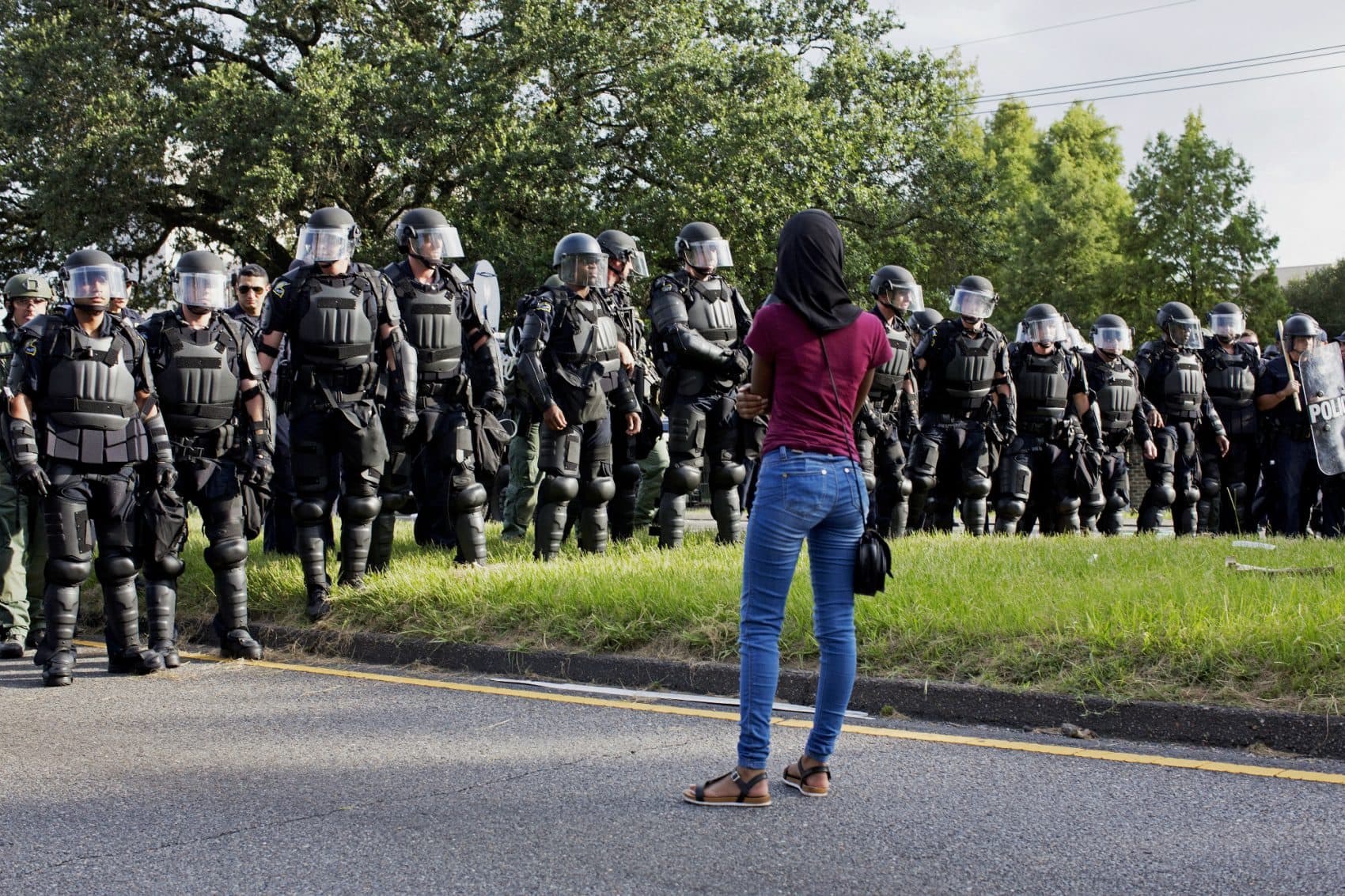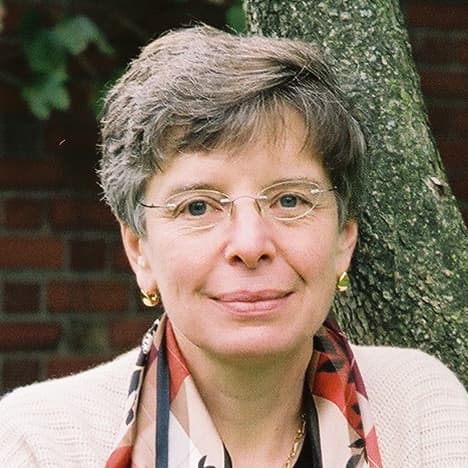Advertisement
It's Time To Stand Up: We All Have A Role To Play In Dismantling Oppression

So many killings. This escalation of racial violence is a frightening part of our current, unsettled societal moment. I hope we can muster the political will to use the week’s senseless waste of lives as a turning point that tips us toward long-needed reform, and away from brutality and hate.
Micah Johnson’s murder of law enforcement officers Lorne Ahrens, Michael Krol, Michael Smith, Patrick Zamarripa and Brent Thompson was appalling. Still, we must be clear that Johnson's heinous actions cannot be allowed to distract us from dealing with the ongoing police violence against people with less social power, particularly black men. Mr. Johnson, though clearly defining himself as angry at “white people,” seems to have been very much in the mold of white extremists like Dylann Roof, the perpetrator of the nine slayings at Emanuel African Methodist Episcopal Church in June of 2015. Like Roof, it appears Johnson was an isolated killer fueled by social turmoil and private rage.
Instead of disappearing, our nation’s repression of black people keeps changing form. Like the bumper sticker says, “Prisons are the new plantations.”
The police-involved shootings this past week of Alton Sterling and Philando Castile were different. They were part of an ongoing multi-decade pattern of our law-enforcement institutions harassing and harming black men.
The sheer quantity of incidents makes it hard for any fair-minded person to hide from the reality of police bias — or, more accurately, cultural bias enacted by the police — wittingly or not. I believe that our society positions the police to enforce a racial caste system extant from the past. Instead of disappearing, our nation’s repression of black people keeps changing form. Like the bumper sticker says, “Prisons are the new plantations.” And too often, police are trained to act as overseers and enforcers (see: “The War on Drugs” or “Stop and Frisk”).
Thankfully, phone video is a potent new tool for truth telling. But on it’s own, it’s not enough. For too long, the white community has not adequately spoken up. We collectively need to refuse skin-color or class “privilege” and lend our weight to insisting that police bias end.
Beyond the apparent race skew of the deaths, there’s the staggering total number. So far this year, 509 people have been killed by the police. To put that number in perspective, so far this year four U.S. military personnel have been killed in Afghanistan, a country with which we are at war.
Let’s keep going: so far in 2016, the 49 people killed in the Pulse club in Orlando constitute the total number of U.S. citizens killed on U.S soil by terrorism. And, in reality, Orlando seems more like an anti-LGBT hate crime disguised as international terrorism. Yet think how many billions are spent each year fighting this ill-defined threat. Some of the funds would be better-spent opposing domestic oppression. I’m certain our police forces would use more measured approaches if the rest of us vocally supported it.
Advertisement
I respect the dangers the police face. Some of the people they arrest are armed, violent perpetrators of serious harm. I could not do the work because I could not manage my own fear during so many potentially hostile encounters. And too often policemen are killed. This year, before the Dallas killings, 53 had died in the line of duty. Twenty-two were killed by gunfire, though one of those was deemed “unintentional.” Eight others were killed by “vehicular assault,” and others died in accidents or of heart attacks. But the danger does not justify excessive force.
The people mistreated or killed by the police, and the police killed in the line of duty are “all our sons” -- or, more accurately, all our children.
Some officers are respectful, others abuse their power. Still other policemen pull their guns quickly because they’re frightened and traumatized by their continual exposure to fear and violence. It’s a circular insanity. Should traumatized policemen even carry guns? I doubt it. Yet it’s impossible to disarm them when the whole country is weapon-mad.
We can gradually diminish violence by and toward police. But if it is to happen, our “othering” reflexes, must be quelled and calmed. The phrase I find on my lips at these moments is one that gives title to an Arthur Miller play, "All my Sons," and which is a statement of moral awakening. It is spoken by a man who knowingly sold faulty airplane engines — which crashed and killed young U.S. soldiers. His realization is simply, “they were all my sons.”
The people mistreated or killed by the police, and the police killed in the line of duty are “all our sons” — or, more accurately, all our children. The rest of us would be wise to think about them that way, and actively push for a less violent, less polarized, and less prejudiced society.
